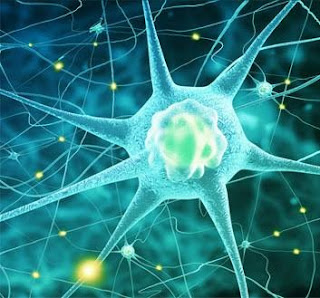Intermittent fasting may provide brain with more energy, improves memory and learning capabilities. When mice were fed every other day, they grew more neurons and synaptic connections, improving their cognitive functions. During intermittent fasting, the body switches energy sources from glucose, made in the liver, to fat cells, which stimulate activity and cell growth in the brain.
The body runs off of the liver’s energy stores for about 10 to 14 hours in humans, when those stores are out, human, as well as animal bodies switch to fat stores, which are converted into compounds called ketones in the blood. Ketones act directly on the nerve cells to stimulate production of BDNF’- a key protein to neuron growth-and may help optimize cognition, learning and memory building.
Simply eating less will not have the same effects, eating three meals a day and having an overall relatively low calorie intake – between 1,800 and 2,000 every time-replenish their liver energy stores. The mice in the study were more alert and showed more activity in the areas of their brains responsible for learning and memory during the fasting period. Every-other-day fasting his team used for the mice wouldn’t work in human, two days of fasting each week can help in human.
haleplushearty.blogspot.com



